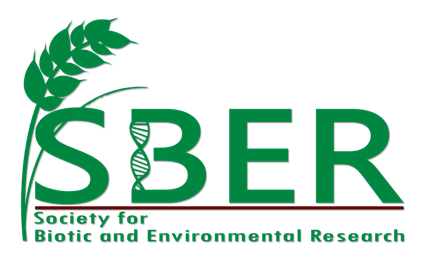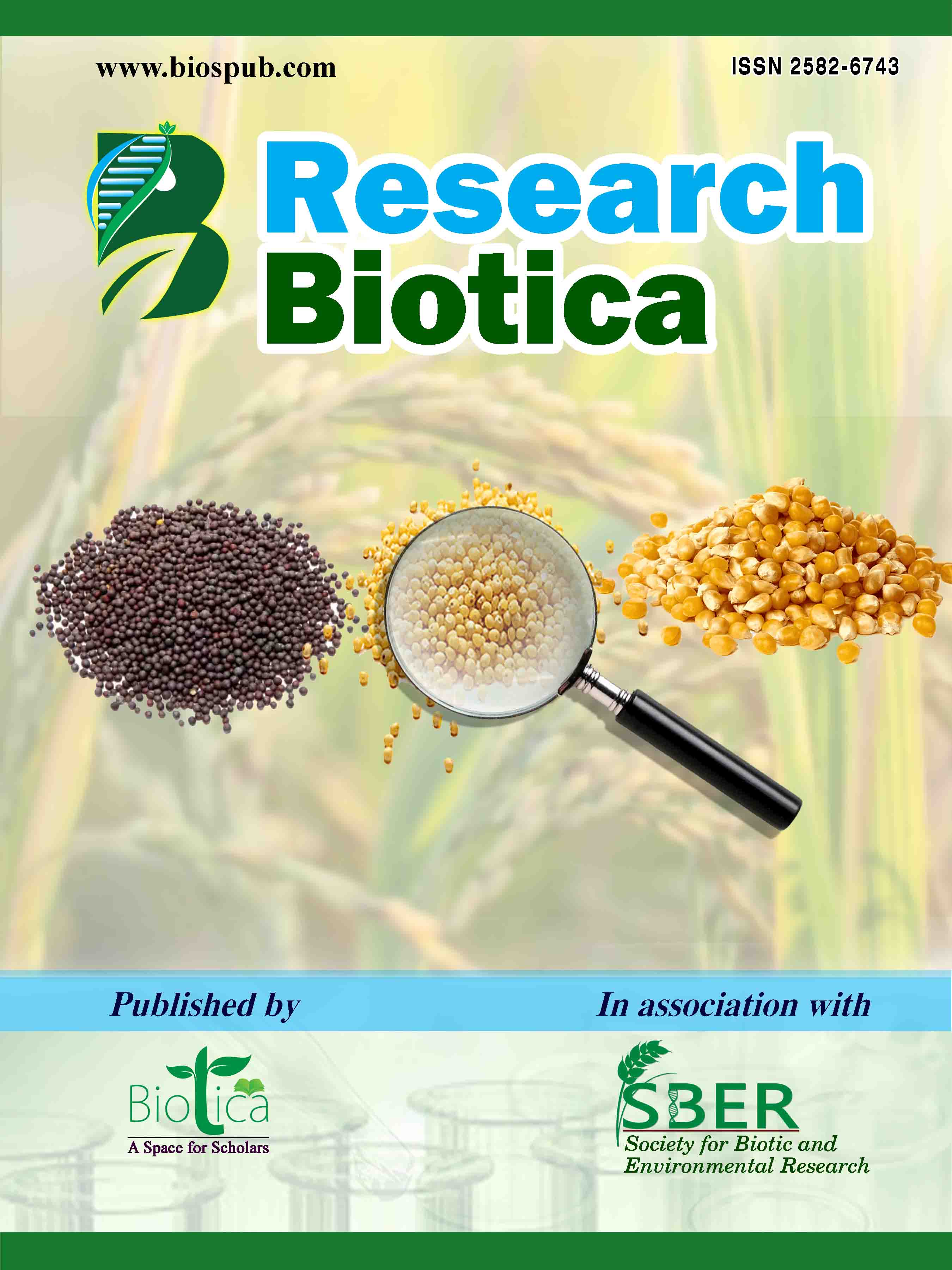Lotus (Nelumbium Spp.) Seed: A Nutrient Rich Food from Freshwater Wetland Ecosystem
Keywords:
Anti-oidant activity, Flavonoids, Lotus seed, ProteinAbstract
The seeds of lotus (Nelumbium nucifera Gaertn.) contain many functional ingredients. They can be eaten as raw or cooked and are often added to foods as ingredient. It contains multiple functional compounds, such as flavonoids, polyphenols, protein and polysaccharides. Low fat content and good proportion of high value amino acids confer the lotus seeds to have unique nutritional values. It has anti-oxidant activity, hypoglycemic, immune-modulatory, anti-bacterial, anti-inflammatory and gastro-intestinal regulatory effects. Furthermore, the nutritional composition, physiological functions and different processing methods of lotus seeds are very much associated with Hindu religious fervors and its consumption. It is a nutrient dense medicinal super food essentially requires judicious use for obtaining wonderful benefits for health and vigor of the individuals.









 |
|